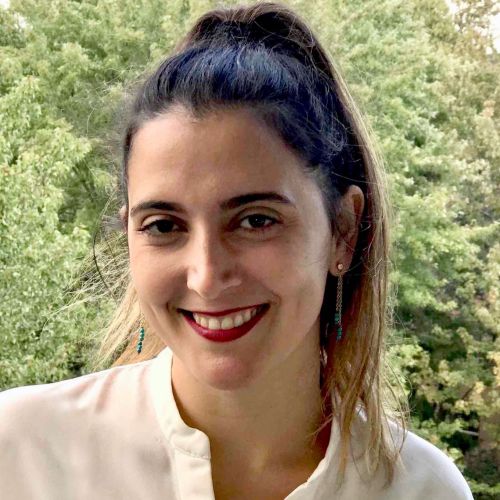
Characterizing Complex Meaning in the Human Brain
Abstract: Aligning neural network representations with brain activity measurements is a promising approach for studying the brain. However, it is not always clear what the ability to predict brain activity from neural network representations entails. In this talk, I will describe a line of work that utilizes computational controls (control procedures used after data collection) and other procedures to understand how the brain constructs complex meaning. I will describe experiments aimed at studying the representation of the composed meaning of words during language processing, and the representation of high-level visual semantics during visual scene understanding. These experiments shed new light on meaning representation in language and vision.
Bio: Leila Wehbe is an assistant professor in the Machine Learning Department and the Neuroscience Institute at Carnegie Mellon University. Her work is at the interface of cognitive neuroscience and computer science. It combines naturalistic functional imaging with machine learning both to improve our understanding of the brain and to find insight for building better artificial systems. Previously, she was a postdoctoral researcher at UC Berkeley, working with Jack Gallant. She obtained her PhD from Carnegie Mellon University, where she worked with Tom Mitchell.
